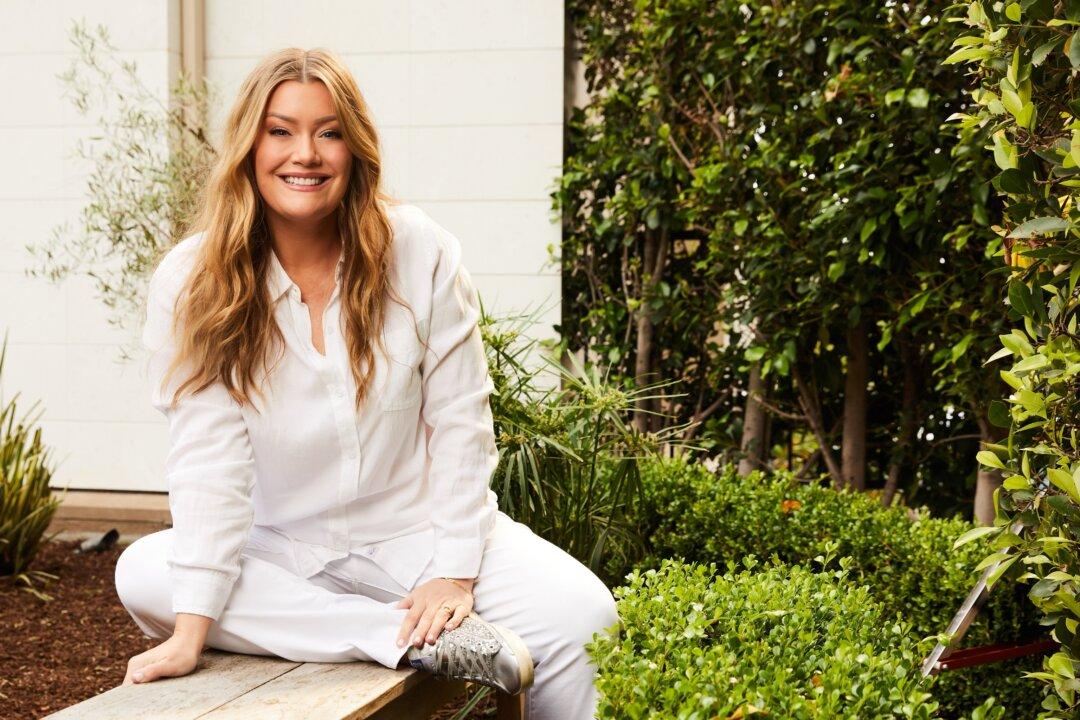Businessman and pastor Lee Robbins knew how hard it was to return to society after prison. After a company employee committed financial fraud, Mr. Robbins took the fall and was sentenced to prison. Upon release, he encountered numerous obstacles in reestablishing a normal life. He knew he had to do something to help ex-offenders in even more difficult circumstances get back on their feet.
So he set up Vital Signs, a program that provides life coaching, housing, employment, and transportation so that ex-offenders can thrive and not end up in prison again. It partners with employers to get tax incentives for hiring ex-felons, while teaching the program participants how to manage a budget. Eventually, after participants get salaries, they pay program fees—essentially allowing the program to pay for itself.






